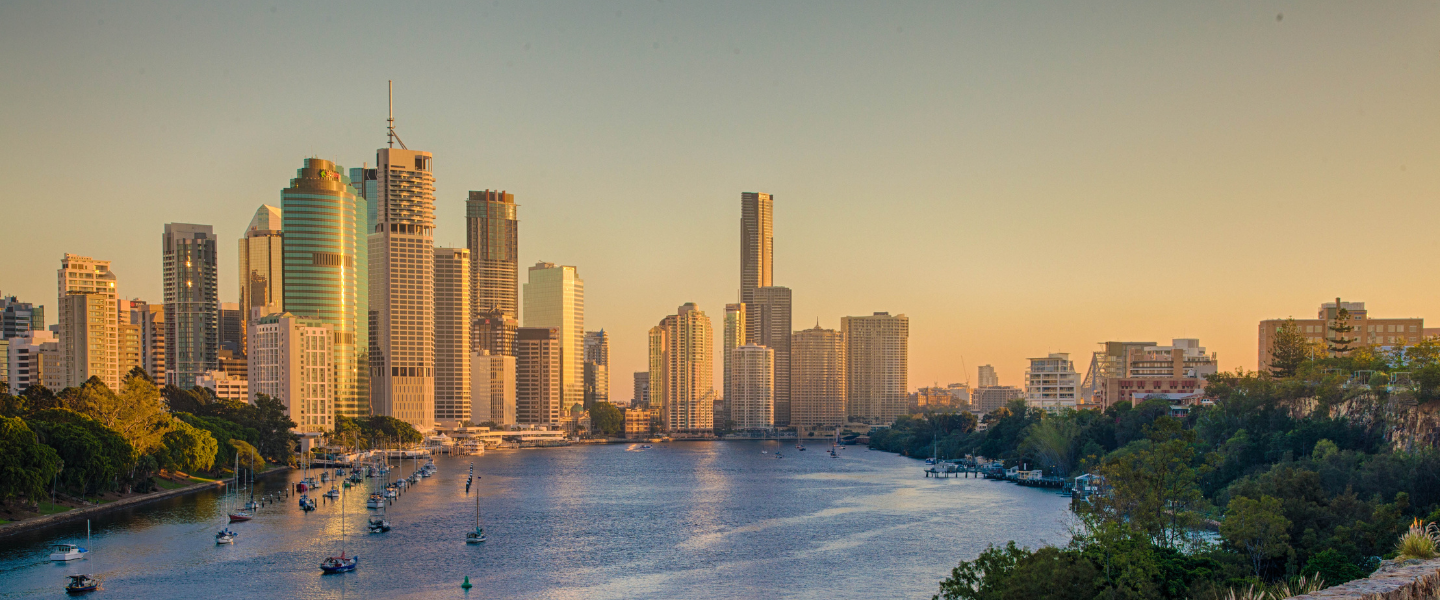What’s the difference between rural and remote doctor work?
We’ve talked a lot about rural workforce shortages and even covered exemptions that restrict new overseas doctors to working in remote and rural areas.
But what exactly is the difference between the two? Why does it matter? And what do incoming doctors need to keep in mind about working in these areas?
Remote vs rural: What and why?
Remote and rural often get lumped together – that’s because, for all intents and purposes, they’re pretty similar. The key differentiator is that remote is a more extreme version of rural.
Rural areas are defined as geographic areas that are located outside towns and cities, sometimes classified as the countryside. Remote areas are defined as places that are out of the way or considerably secluded from civilisation.

The way remoteness and rurality are defined and understood is important. That’s because these definitions are used to assess:
Health and workforce needs
Resources allocated to meet these needs, including:
Staff, physical resourcing, and funding
Understanding which areas across Australia are considered remote and rural is also important because it helps define areas of Medicare exemption under the 19AA and 19AB sections of the Act – read more on that on our blog.
Is there really a difference between rural and remote doctor work?
The two areas will provide similar working conditions – however, the more remote you go, the harder it will be to access specialist services or immediate professional support.
Rural and remote doctor jobs give you a versatility and level of empowerment that few big city positions can offer.
There have been strong stigmas working against rural and remote doctor jobs. The sentiment was that these positions were a lesser option, that working in these areas was a almost akin to a punishment.
But the truth is, working in these locations gives you a versatility and level of empowerment that few big city positions can offer. No day is the same in rural and remote offices, doctors get a range of experiences and are offered hands-on training opportunities every day. The work is rewarding and the impact you can have on these oft-forgotten communities is immeasurable.
Keen to learn more about locum or permanent doctor jobs in rural and remote communities? We’d love to have a chat. Reach out to the Careers Connections team team today to get started on your journey.
“Selecting a greater proportion of medical students with a rural background, and giving medical students and… https://t.co/UhfiqZe2s0
— Careers Connections (@careersconnects) February 20, 2018
//












